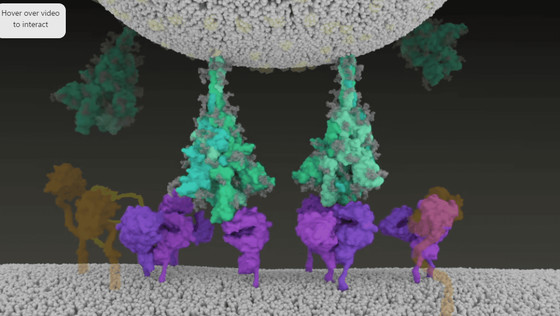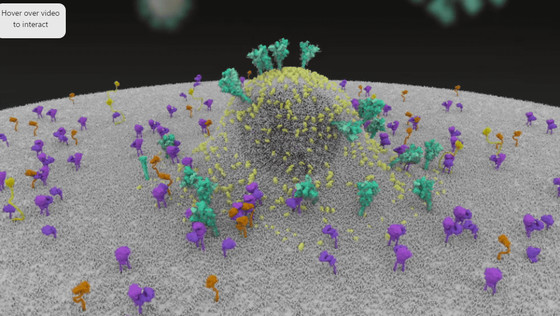What is the 'hybrid immunity' of people who have been vaccinated after the new corona infection?

Shortly after vaccines were introduced around the world, researchers began to notice that there was a special immune response in the vaccine response of people who had recovered from COVID-19 infection in the past. Those who have recovered from COVID-19 infection before vaccination have an antibody that can neutralize mutated spikes, which is not only the new coronavirus (SARS-CoV-2) but also other coronaviruses. It is known to be 'hybrid immunity ' that is also effective.
COVID super-immunity: one of the pandemic's great puzzles
Previous studies have suggested that hybrid immunity may be due to immune cells called 'memory B cells.' Memory B cells are known as long-lived immune cells that can survive for decades. Most of the antibodies produced after infection or vaccination are made from plasma cells , but when these cells die, antibody levels are of course lowered. However, after the plasma cells die, antibodies are produced by the rarer memory B cells.
According to Michel Nussenzweig, an immunologist at Rockefeller University, memory B cells can produce higher quality antibodies than plasma cells. This is because Memory B cells acquire mutations that bind more strongly to the coronavirus peplomer over time. When a person who has recovered from COVID-19 is exposed to the SARS-CoV-2 spike protein again, such as by vaccination, these memory B cells proliferate and produce a large amount of extremely strong antibodies.

According to Nussenzweig, the background of hybrid immunity is thought to be the difference between memory B cells derived from natural infection and memory B cells derived from vaccination, and the difference in antibodies produced by these cells.

In another unpeer-reviewed study , antibodies derived from natural infections targeted diverse regions of peplomer compared to vaccination, allowing more even recognition of variants. In addition, people with hybrid immunity were found to produce consistently higher levels of antibodies for up to 7 months compared to those who had a history of infection but were not vaccinated.
In addition, a study published in June 2021 took a sample of the lymph nodes of a person who had been vaccinated twice, and found that some of the vaccinated memory B cells were present up to 12 weeks after the second vaccination. Signs have been found that the vaccine has acquired mutations that allow it to recognize a variety of coronaviruses. Antibodies obtained by hybrid immunization are thought to be effective not only for SARS-CoV-2 but also for SARS coronavirus of severe acute respiratory syndrome (SARS) that was prevalent around the world in 2002.
Universities and research institutes around the world are currently researching the mechanism by which hybrid immunity can be obtained and the mechanism by which memory B cells, which are thought to bring about hybrid immunity, undergo differentiation. Gonzalo Bello Bentancor, a virologist at the Oswaldo Cruz Institute in Brazil, said, 'Many South American countries showed very high rates of infection in the early stages of the COVID-19 pandemic, but vaccination has progressed and is now Most people have been vaccinated. Hybrid immunity may be superior to vaccination-only immunity in that it blocks the vaccine itself. '
Related Posts:
in Science, Posted by log1i_yk







